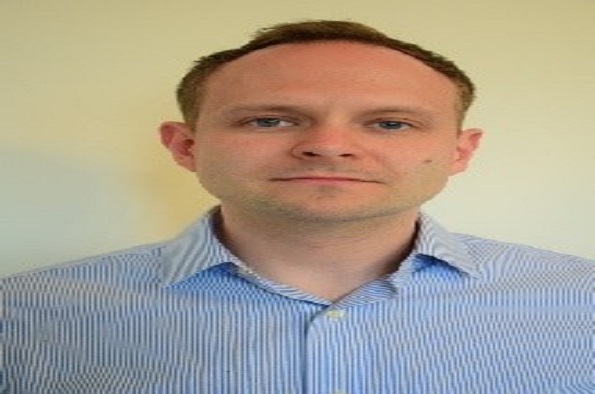
Seminar Dr Joseph Burgoyne, St Thomas' Hospital, London. 'A novel redox-dependent mechanism for regulating autophagy.' Host: Malcolm Jackson
- 0151 794 9003
- Brenda Smith
- Suitable for: Staff and students
- Admission: Free to staff and students
Add this event to my calendar
Click on "Create a calendar file" and your browser will download a .ics file for this event.
Microsoft Outlook: Download the file, double-click it to open it in Outlook, then click on "Save & Close" to save it to your calendar. If that doesn't work go into Outlook, click on the File tab, then on Open & Export, then Open Calendar. Select your .ics file then click on "Save & Close".
Google Calendar: download the file, then go into your calendar. On the left where it says "Other calendars" click on the arrow icon and then click on Import calendar. Click on Browse and select the .ics file, then click on Import.
Apple Calendar: The file may open automatically with an option to save it to your calendar. If not, download the file, then you can either drag it to Calendar or import the file by going to File >Import > Import and choosing the .ics file.
Abstract: Autophagy is a crucial process in maintaining cellular and tissue function through its ability to remove damaged and dysfunctional proteins and organelles, providing a source of fuel during energy deprivation and removing intracellular pathogens. During aging there is a decline in autophagy that predisposes individuals to increased risk of cardiovascular and neurological disease. Here we have identified a novel process that may explain in part how this catabolic process is lost during aging, due to elevated oxidant formation and oxidation of key autophagy enzymes.
